Included on this blog are items to be considered when suffering from a mild self limiting viral upper respiratory infection
Red flags which suggest that a clinical assessment should be sought include any of the below
-High Fever above 38 degrees celcius / 100 degrees Farenheit and / or fever persisting beyond 3-5 days
-Symptoms not showing signs of settling beyong 3-5 days
-Blood in sputum or nasal discharge
-Significant pain in chest, ears, sinus, throat etc
-Thick green / brown sputum beyond 5-7 days
-Presence of immune suppression or pre existing respiratory condition increasing risk
-Ear Discharge
-Strawberry appearance of tonsils with white pus spots
-Audible sounds such as wheezing or croupy cough ( immediate assessment required )
-General fatigue & malaise despite Tylonol ( immediate assessment required )
-Irritability or vomitting ( immediate assessment required )
-Difficulty with breathing ( call 911 )
-New onset non blanching rash ( call 911 )
About Kids Health website by Sick Kids Hospital is an excellent resource.
https://www.aboutkidshealth.ca/healthaz/respiratory/viral-respiratory-infection/?language=en
The best way to mount an adequate immune response to respiratory infection is to be healthy as described in this video
Clients should also consider the following vaccines :
-Flu and Covid booster every Fall
-Whooping cough ( with tetanus ) vaccine every ten years
-Pneumonia vaccine is licensed from age 50 and on OHIP from age 65
-RSV vaccine is recommended from age 60 and is available on OHIP to a limited number of patients
Antiseptic Agents such as betadine and zinc can be used to reduce viral load locally and hasten recovery
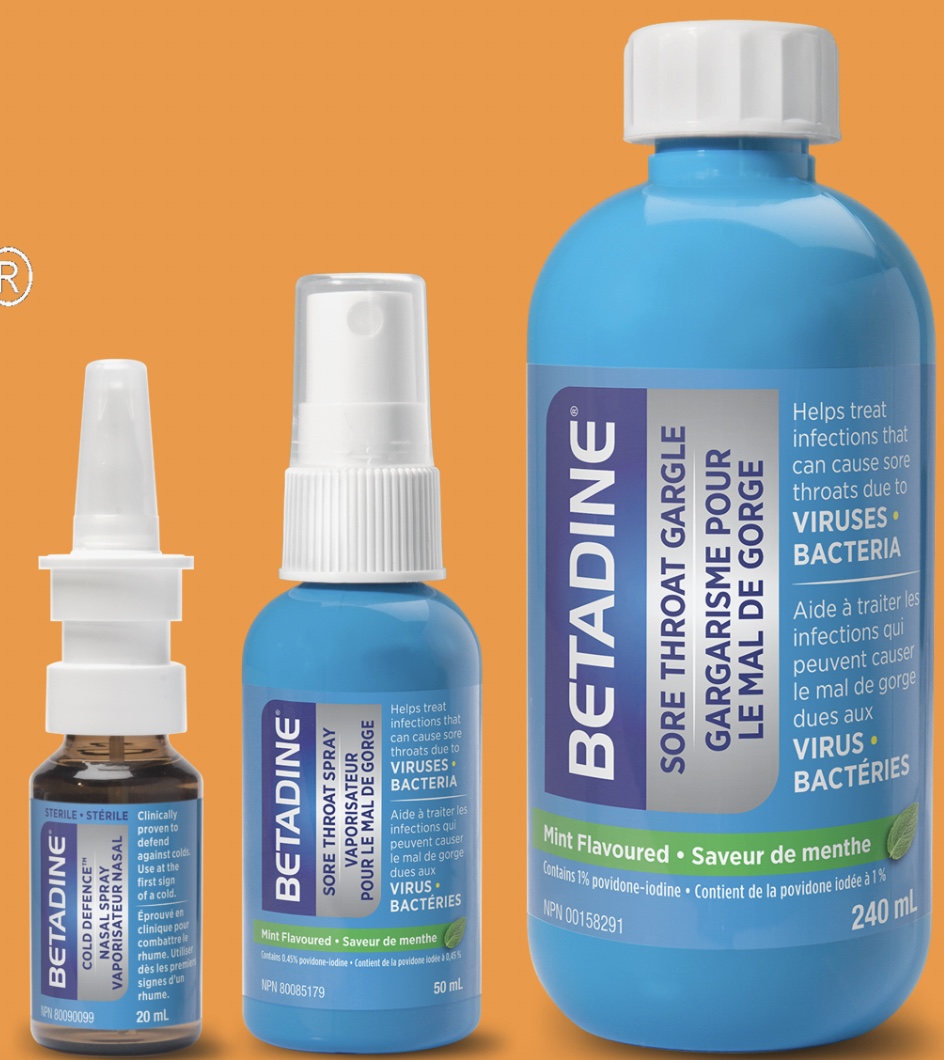
Click to Explore Betadine Sore Throat Spray,
Click to Explore Betadine Cold Defence Nasal Spray
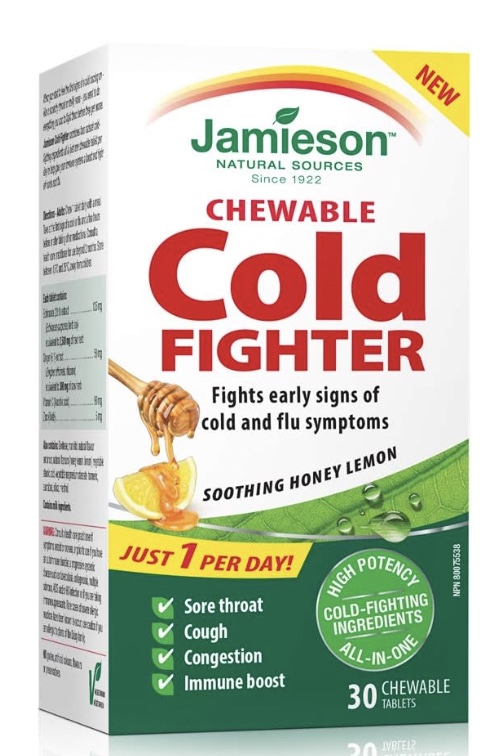
Click to Explore Jamieson Cold Fighter Chewable - With Echinacea, Ginger, Vitamin C and Zinc
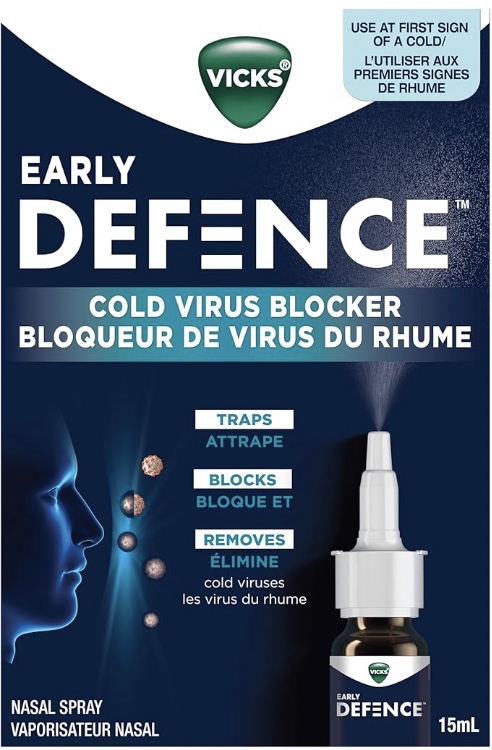
Click to Explore Vicks Early Defence Nasal Spray, Cold Virus Blocke
Cough syrups can be used for symptomatic relief and should be avoided in children below age 6 and in clients who have chronic respiratory problems.
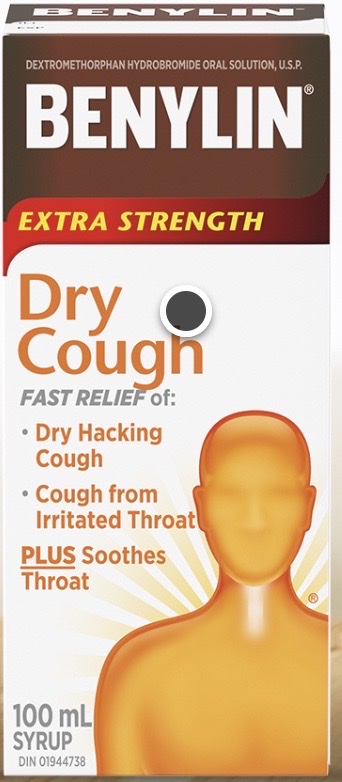
The following products can help maintain healthy and clear mucus lining of respiratory passages
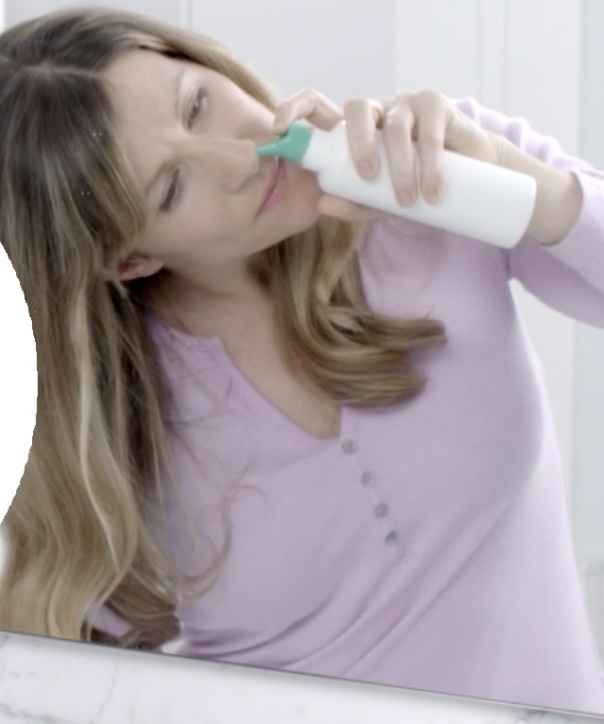
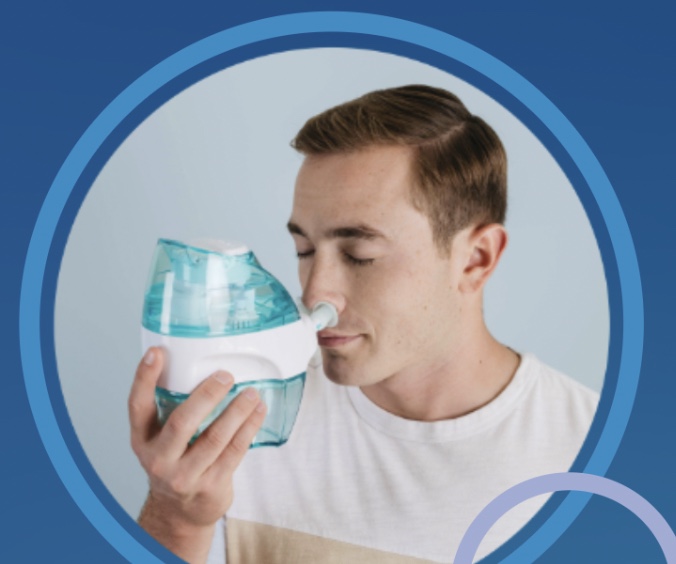
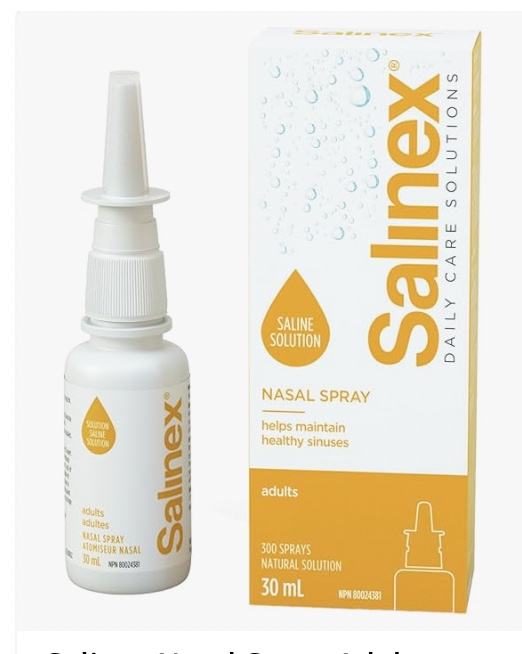
Click to Explore Salinex 100% Natural Seawater Nasal Spray | Ultra Gentle Stream | 125 ml
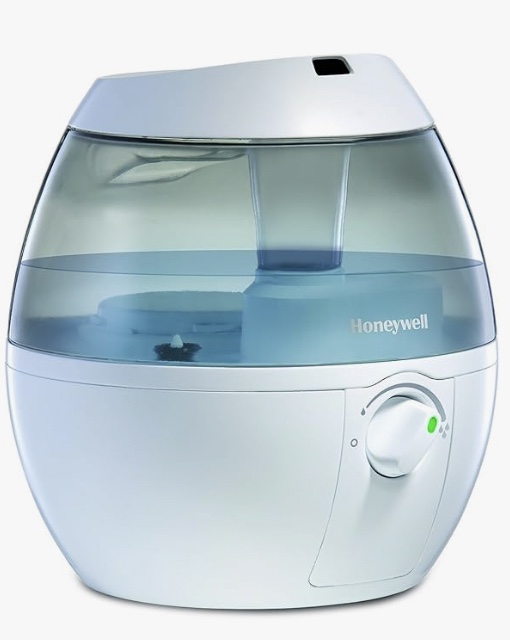
Most respiratory infections are caused by viruses and do not required antibiotics. Excessive and inappropriate use of antibiotics can result in
-Unwanted side effects such as allergies / diarrhoea
-Long term damage to the the Gut Microbiome and Metabolism
-Development of antibiotic resistant strains of bacteria
If you are given antibiotics for your infection, you may wish to consider taking probiotics afterwards for adequate gut microbiome reconstitution
Click to read about Probiotics for Metabolic Health
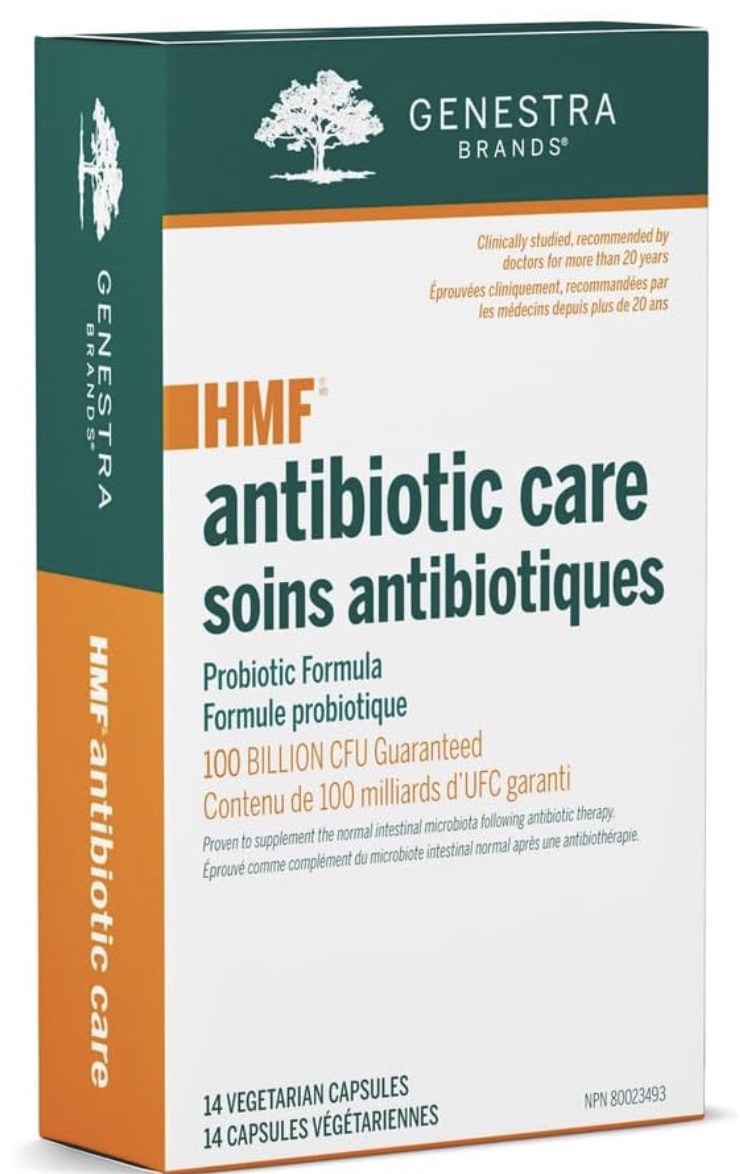
The following products can help with monitoring
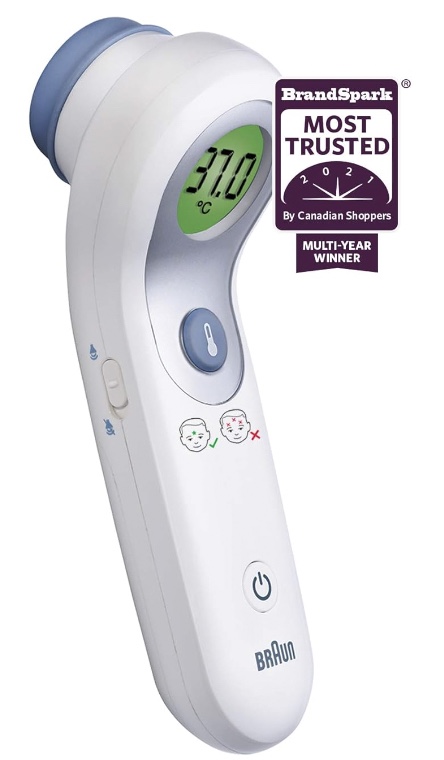
Click to explore Braun NTF3000CAV1 No Touch + Forehead Thermometer with Colour Coded Display
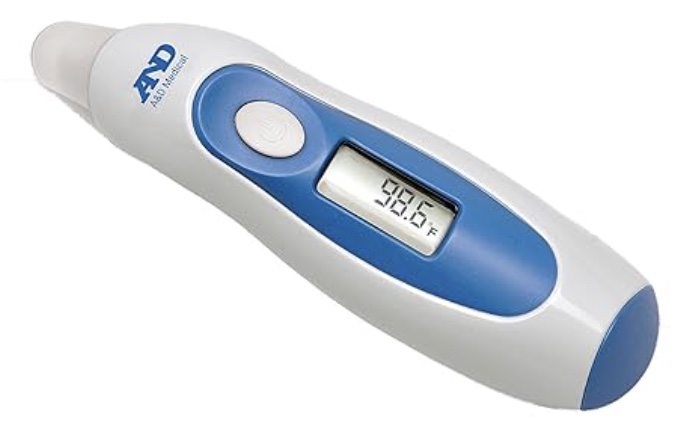
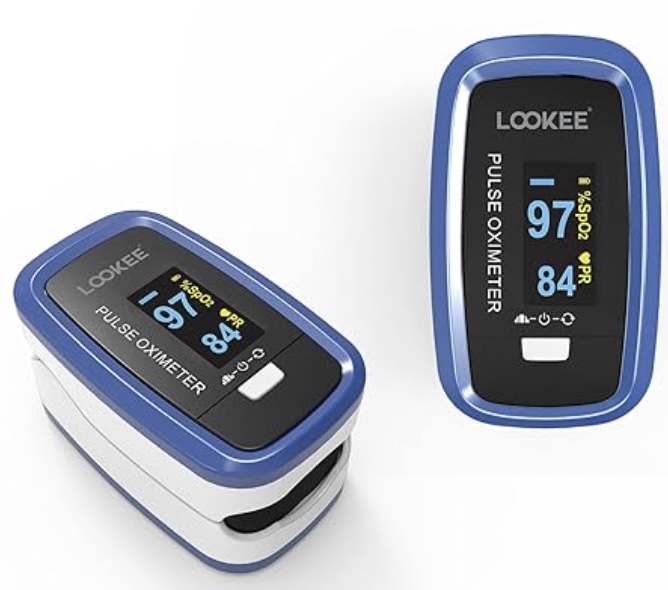
The following are OTC items to be considered when suffering from a mild self limiting viral upper respiratory infection. These must be used at age appropriate doses as recommended on box / bottle.
Acetaminophen / Tylonol : Reduces fever and pain. This should be given first and can be repeated every six hours if required. This can be given on an empty stomach. Caution in the presence of significant Liver Disease
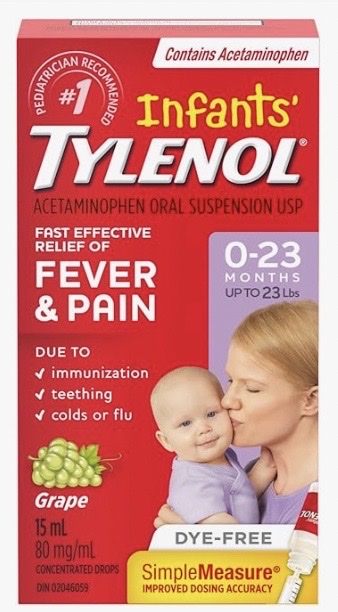
Click to explore Tylonol for Fever & Pain
Ibuprofen ( Advil / Motrin) OR Naproxen ( Aleeve ):
Reduce swelling, pain and fever. I would consider these second line and one of these can be used alongside Acetaminophen. Needless to say, you should choose one of these two ( either Ibuprofen or Naproxen)...they cannot be used together. Since these can cause stomach upset they should be avoided in presence of gastric upset or diarrhoea and should be taken with or after food. Cautions include stomach problems, kidney dysfunction, bleeding tendency, dehydration , co administration of blood thinners or aspirin.
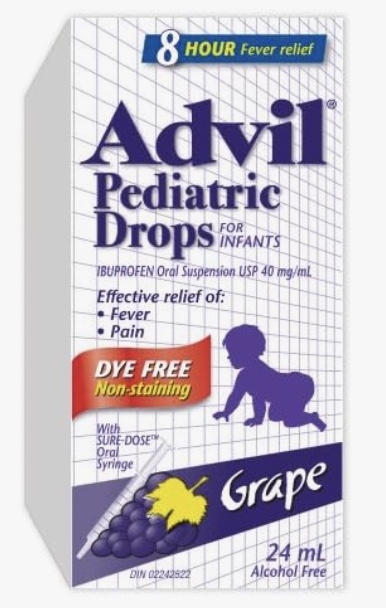
Click to explore Advil for Fever, Pain & Inflammation
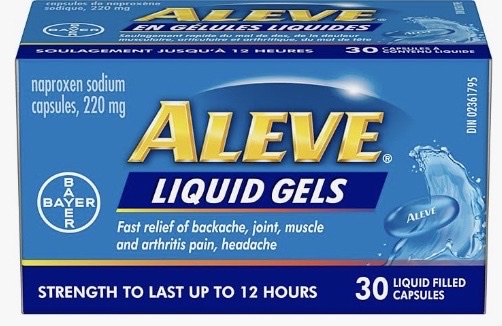
Click to explore Aleve for Fever, Pain & Inflammation
The content of this blog are not intended to replace medical advise or treatment and must not be considered as such. Non prescription treatments are designed to treat mild self limiting respiratory infections and it is recommended you consult with your Family Physician, Paediatrician, Urgent Care Clinic or 911/ER as indicated if the respiratory infection appears more than mild.